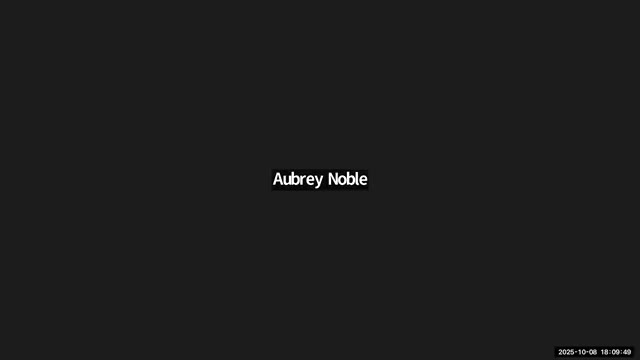Boulder Landmarks Board approves demolition of 3120 Sixth Street, adopts staff findings
Get AI-powered insights, summaries, and transcripts
Subscribe
Summary
The Landmarks Board voted 4-0 on Oct. 8 to approve a demolition application for a circa‑1905 house at 3120 Sixth Street after staff found the property no longer retains integrity required for landmark designation under Boulder Revised Code 9‑11‑23.
The Boulder Landmarks Board voted unanimously Oct. 8 to approve an application to demolish a house at 3120 Sixth Street, adopting staff findings that the property is not eligible for designation under Boulder Revised Code 9‑11‑23.
Staff principal historic preservation planner Marcy Gerwing told the board the house likely was built between about 1902 and 1905 and retains some original materials but has lost integrity due to alterations including enclosure of the front porch (about 1964), a 1954 lot subdivision that reoriented the house to face Sixth Street, a 1957 dormer enlargement, and a 1983 rear addition. Gerwing said the board’s options were to approve demolition or place a stay of demolition of up to 180 days; staff recommended approval based on the criteria in the code.
The applicants, owners Tensha Lee and Skyler Cook, told the board they purchased the property intending to build a family home and said renovation would present significant financial hardship. “We bought this property hoping to build our dream home… renovation was not going to be financially feasible for us,” Tensha Lee said during the applicant presentation.
Members of the public gave mixed testimony. Resident Lynn Siegel urged the board not to permit demolition, calling the house “a beautiful craftsman house” and expressing concern about loss of character and environmental impacts of demolition. Several neighbors, including Iryna (Irina) Butsky, Daniel Sotolongo and Valentino Christian, told the board they supported the owners and said imposing landmark‑level obligations after purchase would be unfair or burdensome. Longtime resident and contractor Jonathan Bennett said, “this does not meet any bar that’s even close to high enough to prevent its demolition,” and supported the staff recommendation.
Staff noted the applicant provided a repair estimate of about $540 per square foot; staff said typical rehabilitation of similar scope ranges about $500–$750 per square foot. Gerwing confirmed an existing stay of demolition, if imposed, could not exceed 180 days from the date the review fee was paid and that a stay would expire on April 6, 2026, if issued.
Board discussion focused on the code criteria: individual landmark eligibility, relationship to neighborhood character, building condition, and projected cost of restoration. Board members said the house had historic associations but that changes to its form and materials had diminished its ability to convey that significance. After deliberation, Chelsea Castellano moved to approve the demolition and adopt the staff findings; John Decker seconded. The motion passed on a roll call vote, 4‑0.
Marcy Gerwing explained the practical next steps: the Landmarks Board approval is valid for one year, through Oct. 8, 2026, during which time the applicants must obtain the deconstruction permit; if the deconstruction permit is not obtained by that date, a new historic preservation application would be required.
The record for the hearing will be added to the city’s archive and the meeting video will be posted within 28 days.
